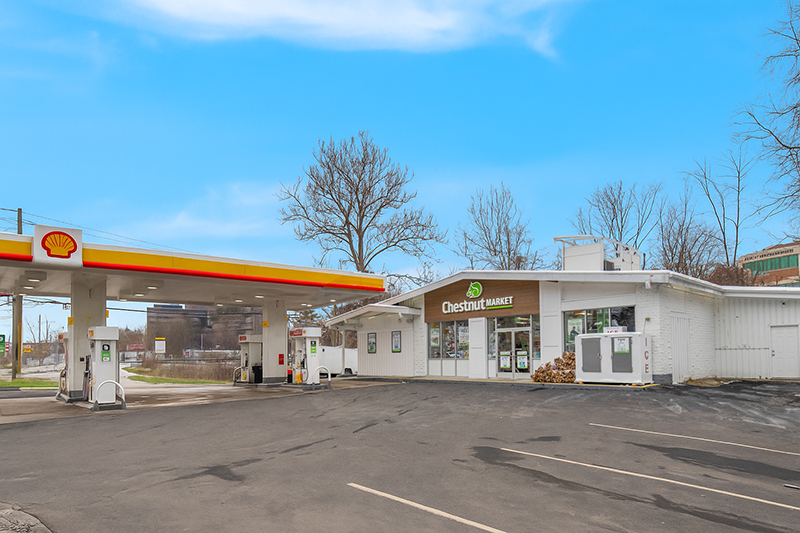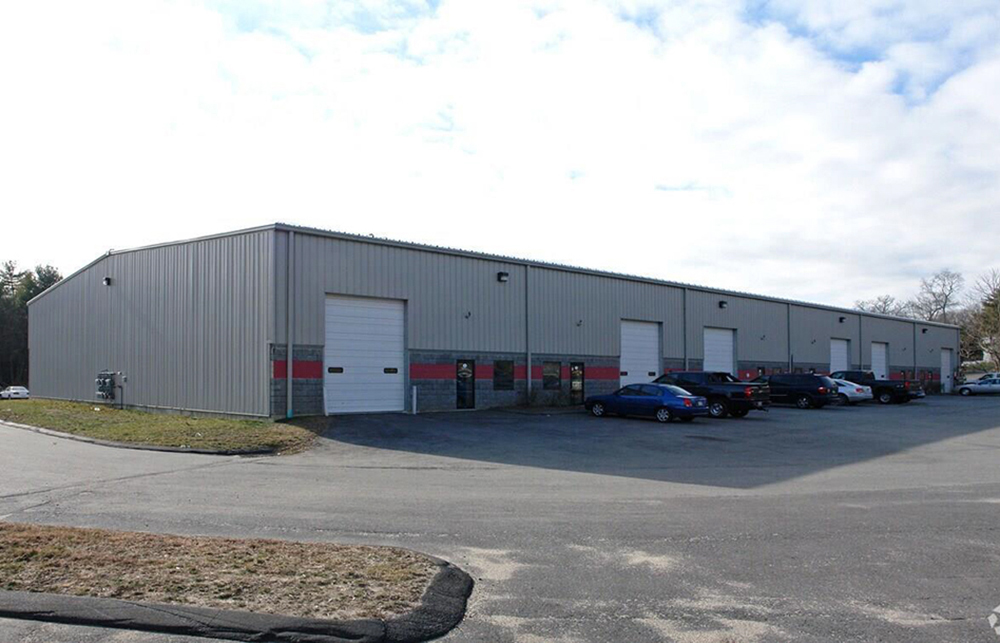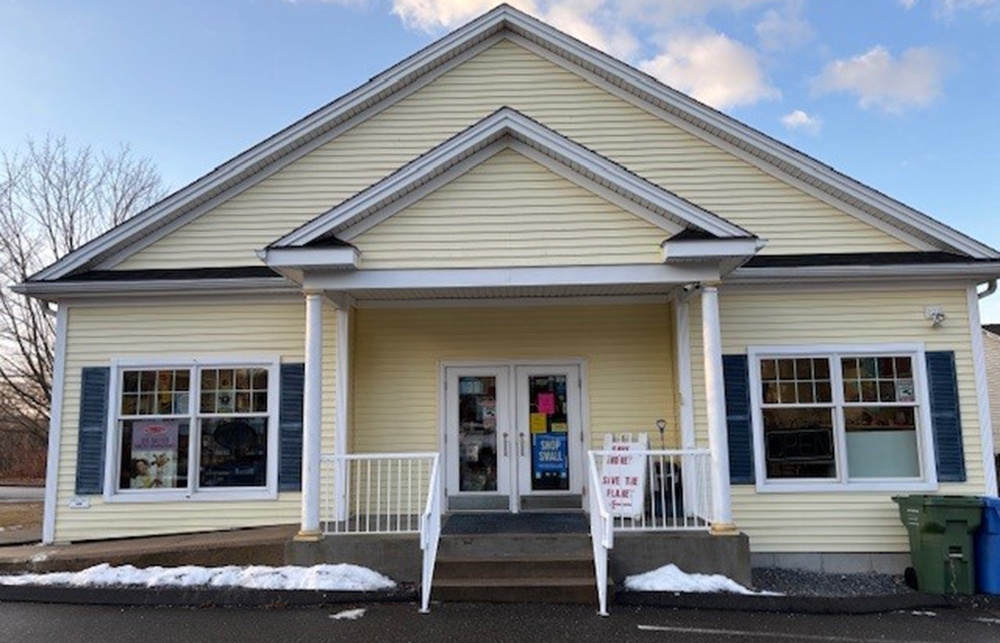Horvath & Tremblay sells 1,624 s/f Shell Gas Station for $1.92 million

Norwalk, CT Bob Horvath, Todd Tremblay and Matt Nadler of Horvath & Tremblay have completed the sale of a Shell Gas Station. Horvath & Tremblay exclusively represented the seller and procured the buyer to complete the transaction at a sale price of $1.92 million.
The Shell Gas Station is located at 395 Main Ave. The property consists of a 1,624 s/f freestanding building with eight fueling stations on a 0.36-acre corner lot. Shell has an extensive operating history at this location, signing their initial lease in 1966 and executing multiple lease extensions, demonstrating their commitment to the site and market. There are over six years of term remaining on their absolute NNN lease with an attractive 10% rent increase in September 2026. The Shell Gas Station is located at the signalized intersection of Main and Glover Ave., positioned off of the junction of CT Rte. 15 and US Rte. 7. The parcel benefits from frontage and visibility, with signage and three points of access.
Main Ave. is the area’s primary commercial and commuter corridor, with large grocery-anchored retail centers to the north and south of the property and an extensive array of national and local retailers, businesses and professional services that drive traffic to the area. The Shell Gas Station also offers outstanding access to US Rte. 7, the Merritt Pkwy. (CT Rte. 15) and I-95 as well as the Merritt 7 Train Station.
RapDev leases 17,587 s/f at 501 Boylston St. - lease brokered by JLL


Newbury Street: Boston’s timeless retail gem thrives in a modern era - by Joseph Aquino
Boston’s iconic Newbury St. continues to thrive as one of the most vibrant and compelling retail corridors in the United States. Nestled in the heart of the Back Bay, this historic St. has evolved into a powerhouse of high-St. retail, where luxury meets lifestyle and legacy brands coexist with up-and-coming names. With its European charm, diverse architecture, and unmatched foot traffic, Newbury St. remains a dynamic reflection of Boston’s energy, culture, and economic strength.

End of the year retail thoughts - by Carol Todreas

Retail / tariffs / uncertainty and (still) opportunity - Carol Todreas
As new tariffs continue to impact the global economy, retail businesses and investors are grappling with heightened uncertainty. From new high tariffs to supply chain issues to evolving consumer behaviors, continual changes are making it as or more challenging than the pandemic years. Yet, amidst this turbulence,

Placemaking and retail in 2024 - by Carol Todreas
Placemaking. That is the word for 2024. While the concept has historical precedence in urban development, it became part of our current culture in the 1960’s when urbanists started to think about cities for people, not just cars.









.png)
